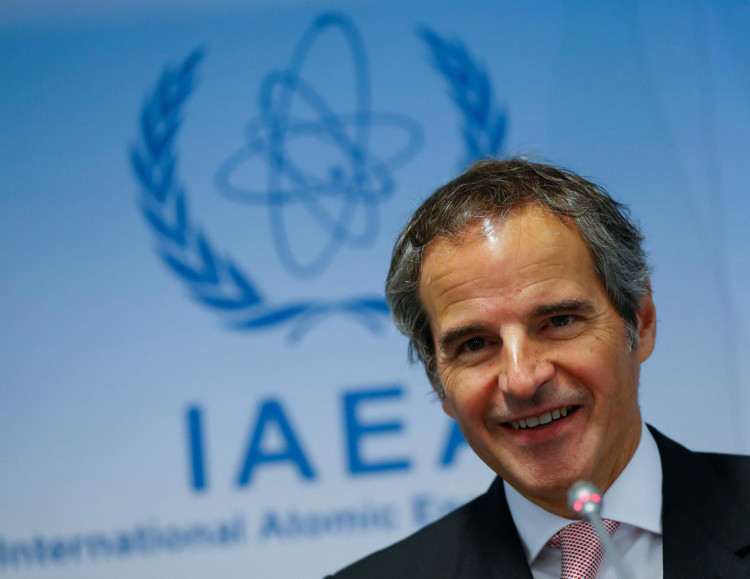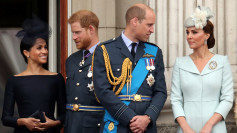The United Nations nuclear inspection body director Rafael Grossi will embark on a debut visit to Tehran on Monday to pressure the Islamic republic to allow inspectors access to two of its suspected former atomic facilities following months of stalemate, Grossi disclosed late Saturday.
Grossi's Iran trip would be his first since he was appointed chief of the agency in December. He is set to conduct discussions with the country's senior public officials on collaboration between Washington and Tehran and giving IAEA inspectors the authority to enter their nuclear plants, a statement released Saturday by the nuclear watchdog said.
Grossi said he expects that his Iran meetings will set the stage for solid progress in tackling the current issues that the IAEA has in connection to safeguards in Tehran and to resolve the matter of accessing the nuclear facilities.
A report by The Daily Telegraph revealed that Iran has offered to allow the inspectors to visit its nuclear plants as part of the republic's so-called "diplomatic charm" campaign to have the arms embargo against it to be scrapped.
The IAEA's 35-country Board of Governors passed a proposal in June to increase pressure on Tehran to grant inspectors access into its nuclear facilities as shown in two of the agency's documents because the country could still keep an undisclosed volume of nuclear material.
In July this year, Grossi warned that things will not turn out good for Tehran if the UN inspectors were not allowed to check the nuclear plants, adding it was "absolutely necessary" for the two sides to resolve the issue as soon as possible. So far, Iran has not allowed the inspectors to access its two nuclear sites, despite signing the 2015 nuclear agreement with the United States and other world powers.
Iran added that the IAEA does not have any legal right to access the sites since the activities there date back from the early 2000s. According to Kazzem Gharibabadi, Iran's representative to the IAEA, "no nation will open its territory to the U.N. inspections" based on allegations of its "adversaries."
The IAEA-Iran impasse comes as Washington pushed for reimplementing UN sanctions that were suspended as part of a five-year-old nuclear treaty that it abandoned in 2018. According to a top Western official, Tehran is desperate to have its arms embargo suspended at the United Nations, and so has decided to work with the inspectors to enhance ties with the UN.
Meanwhile, sources said speculations are rife that Tehran will abandon the agreement and stop collaborating with the IAEA, including exiting the Non-Proliferation Treaty if the pre-2015 sanctions are reimposed.






